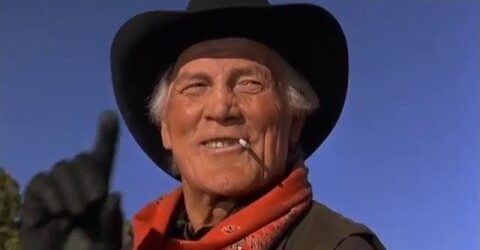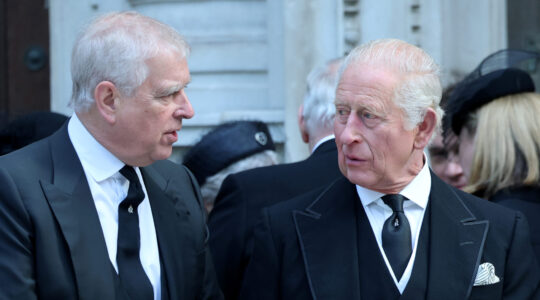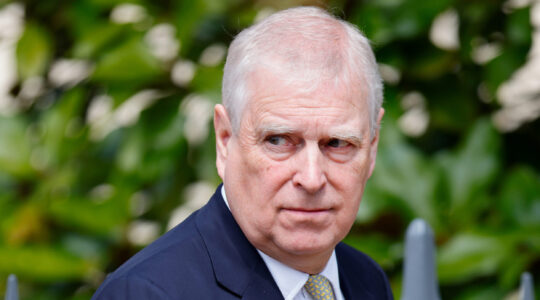By Shane Rodgers
Wisdom often comes from the most unexpected of sources. I have long been intrigued by the philosophy of a character called Curly in the 1991 comedy City Slickers.
In the film, Billy Crystal plays a radio advertising salesman who is disillusioned with life and his job “selling air”. He embarks on a cattle drive to find his smile and bring some perspective back into his life.
In one scene, Crystal seeks the wisdom of the hard-nosed and intimidating cattle drive leader Curly (played by Jack Palance) on how to deal with the sink holes that have formed in his life. Curly provided the simplest answer on the secret of happiness: “One thing.”
Crystal is naturally confused by the answer and Curly, who dies a bit later in the movie, does not elaborate. Eventually Crystal realises what Curly meant. Everyone just needs one thing to put meaning and genuine happiness into their lives. The trick is to find what the one thing is.
The one thing is different for each of us. If you look at people around you, it seems that the happiest of them are the ones who have found the thing that makes them truly happy – our “element” as Ken Robinson beautifully articulated in his book of the same name.
If you let it happen, life’s default position seems to be spending most of your time doing things you don’t want to do. This is not a great use of your life. As a rough calculation I would say only about 30 percent of people I know are doing something they are really passionate about. The rest have settled and are doing what they have to do to get by.
Sadly, the pressures of living costs, responsibilities and the infrastructure we build around “normal” lives locks most people into a daily grind that is hard to escape.
Albert Einstein is widely quoted as saying that if you turn your passion into a job, you never have to work a day in your life. It seems logical that this should be everyone’s objective.
The question, of course, is how. I think the starting point is not assuming your main pursuit and your job are necessarily the same thing.
I spent many years working in the media, and it has always been notoriously hard to get your first break into journalism. At the first large newspaper I worked for, we took on about five cadets every year from literally hundreds of applicants. Over the years I had was asked many times how to “break in” to journalism. My answer was always the same. You are already empowered to be a journalist. You just need to activate that power.
What I meant was, if people really wanted to write as their passion, they could do it. They could write stories and cover things. That is not the same as having a job in journalism. You still need money to live. However, there is nothing stopping you (particularly when you are young) from working at your passion during the day or at night and using the other zone of the day to work a job to pay your bills.
Pretty much everyone I know who has taken that approach to their passion, and who has genuine talent, has ended up also making money from their passion.
If you believe you were put on Earth for a reason, it seems like it should be almost an obligation to contribute that passion back to the world. Otherwise, as a human race, we are underselling our potential. Not to mention having a population who are half as happy as they might be.
Shane Rodgers is the author of “Worknado – Reimagining the way you work to live”.








